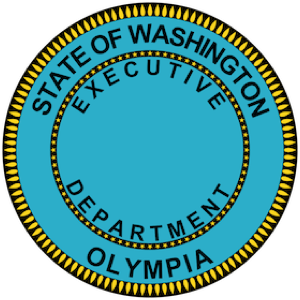The Washington State Office of the Governor (WA Governor) hosts public bill signing ceremonies in response to the passage of legislation by the Washington State Legislature.
Bill Action
- SB 5693 - "Making 2021-2023 fiscal biennium supplemental operating appropriations."
